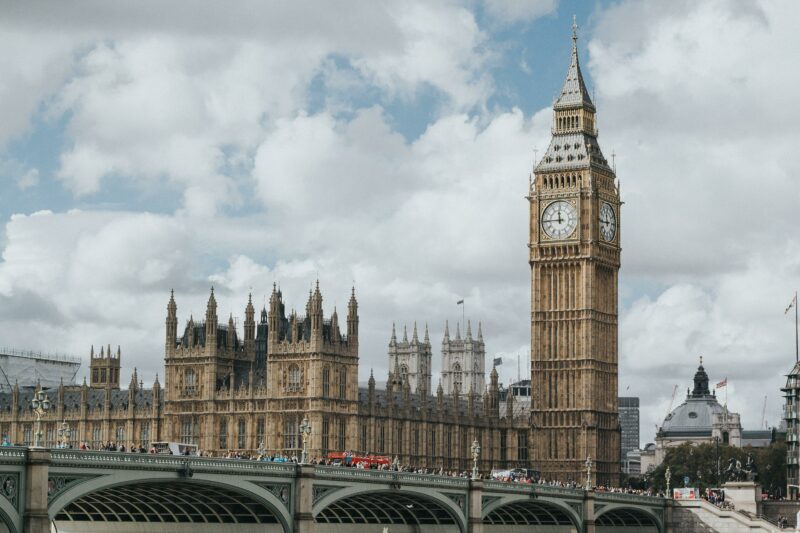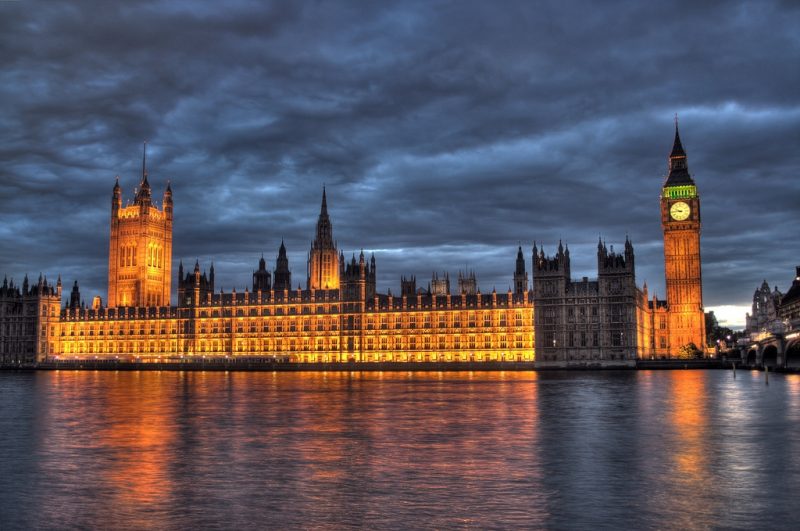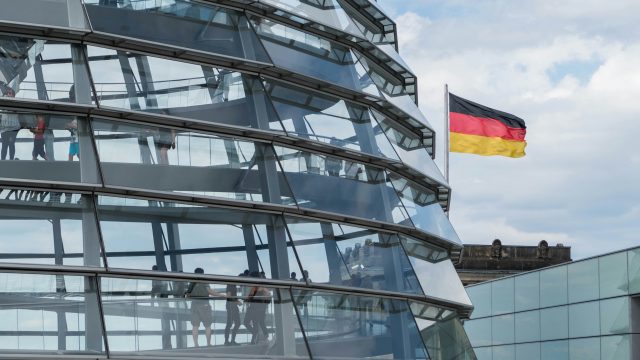The UK election - a historic green opportunity?
After a centre-left landslide in last week's general election, we sift the tealeaves to glean green insights

A quick review of the politics around the 2024 election, and what it means for the green economy both here and abroad...
First, the good news. The new Labour administration is coming into office with a thumping majority, on the back of a manifesto that that pledged to “make Britain a clean energy superpower”. Although the previous £28bn net zero policy was halved in advance of the campaign, several key green policy commitments did survive, including the creation of a publicly-owned clean energy utility and pushes for accelerated clean power and net zero emissions.
During the campaign, Rishi Sunak and Claire Coutinho repeatedly claimed that the UK couldn’t afford to take action on climate issues, and sought to elevate net zero as a culture-war wedge issue. Despite this approach, 18 out of the 23 self-appointed Tory net zero sceptics lost their seats and many “blue wall” constituencies fell where climate and nature were important issues. And totemically the results of the Uxbridge of ULEZ by-election fame was reversed seeing Labour win the seat. It seems, therefore, that Sunak’s much-vaunted turn away from climate ambition was unable to shore up Conservative Party fortunes.
“ The days of net zero being a politically neutral issue are long gone.”
The Greens won four seats, their most ever, and nationally managed to increase their vote share from 2.7% in 2019 to 7% in 2024. Importantly for the future, the Greens came in second-place in 47 constituencies, putting them in a stronger position to challenge the next general election. Indeed, factoring in the Scottish Nationalists and the Liberal Democrats, parties of the left and centre-left secured some 80% of parliamentary seats.
During this election public support held strong for climate action - even amongst Reform voters, where immigration not climate provided the driving force for political party selection.
The bad news
Speaking of Reform, the volatility of this election was evident in the rise of Reform UK who also won four seats, securing 14% of all votes cast and coming second in some 90-off constituencies. Reform also campaigned hard against net zero, with manifesto commitments to axe the net zero plan entirely and calls for a referendum on this issue. How important their anti-green rhetoric was to their success is hard to discern however, given their status as essentially a single-issue anti-immigration party.
One thing is clear, however. The days of net zero being a politically neutral issue – one that all parties could make ambitious commitments towards, as Theresa May’s government did in 2019 – are long gone. While not a big campaign issue this election cycle, there are signs that climate ambition will continue to be politicised and if stoked by politicians resentment can easily grow. After all, Brexit started somewhere.
And with France as a cautionary tale, we are potentially only two elections away from a far right government if the new Government fails to address the alienation and neglect of political constituencies that the far right appeal to.
The Real Work Begins Now
Now that the election is over we’ll be watching for measurable actions towards a fairer and greener economy from the incoming Labour administration.
Commitment to Net Zero by 2050:
- Test: Robust policies and regulations to ensure the UK meets its net zero emissions target by 2050?
- Will this be supported by an inclusive outreach programme to engage citizens in the decisions and trade- offs for this goal?
- Key Metrics: Immediate legislative action on carbon reduction, funding for renewable energy projects, and incentives for businesses to adopt green technologies.

Investment and delivery of an inclusive green industrial agenda:
- Test: Investment in education, training, and reskilling programs to prepare the workforce for the green economy
- Support for research and development in green technologies and innovations
- Funding the development of sustainable infrastructure, including public transport, energy-efficient housing, and renewable energy sources to ensure that these policies start to address the cost of living crisis?
- Key Metrics: Funding allocation for green job training programs, partnerships with industries to create green jobs, and measurable increases in green employment rates.
- Key Metrics: Budgetary commitments to sustainable infrastructure projects, timelines for the completion of these projects, and improvements in public transport and energy efficiency metrics.
- Key Metrics: Grants and subsidies for green tech startups, investment in research institutions, and the establishment of innovation hubs focused on sustainable solutions.
Renewable Energy Resilience:
- Test: Will the government phase out fossil fuel reliance and unleash the power from renewable sources
- Key Metrics: No new oil and gas licences and investment in renewables and planning legislation to support this.
Climate Leadership
- Test: While Ed Miliband the new Secretary of State is deeply committed to this agenda and has spoken about filling an international “vacuum of leadership”, will the government meet existing climate finance commitments and make new financial commitments.
- Jean McLean, GEC


